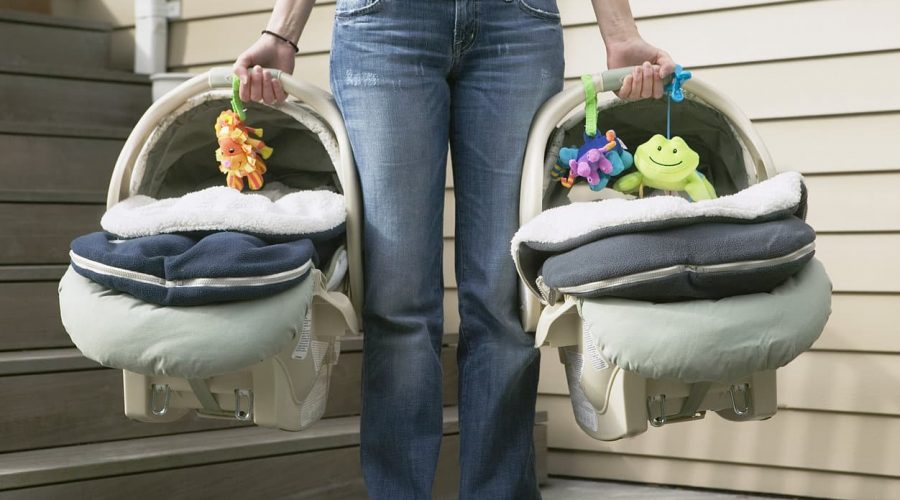Juggling parental responsibilities with work can be challenging, and often leads to feelings of Mummy guilt when you’re away from the kids, but this problem isn’t just a female one.
The number of Dads or stay-at-home fathers is increasing in the developed world, although women are still by far the main primary caregivers.
Indeed a study published in Time magazine, predicts that the number of stay-at-home Dads is set to grow significantly in the years ahead, and has doubled in the United States over the past forty years, as families try to balance parenting responsibilities and more women take on the role of the main breadwinner.
It’s estimated that 39.5 per cent working women in Australia are the highest salary earners in their household.
The findings are according to Roy Morgan data commissioned by the National Australia Bank, which also found that the number is up 10.7 per cent since 2008, when 28.8 per cent of women identified themselves as the main household income earner.
Despite these facts, NAB Business Executive General Manager Angela Mentis says a 25 year old woman today will still earn on average almost 50 per cent less over her lifetime than a young man of the same age.
The benefits of shared parenting can be huge – beyond the dual-income financials – and indeed a joint study by Brigham Young University and Utah State University in the US found that the stronger the relationship between father and child, the happier the family is.
Despite the changing family dynamics, and the push for greater equality for women at work, there are concerns that men are being forgotten about when it comes to having Daddy guilt.
“I feel we are potentially discriminating against men as far as women having a lot more flexibility around maternity leave we don’t hear so much around the paternity side of things,” says Natasha Janssens founder of Women with Cents.
“For me anytime I am away and if I’m pursuing my career, and not being the present parent, I feel guilt associated with that more so than what my husband feels because for him he has learnt growing up that his main role has been the provided so he doesn’t feel that guilt as much.”
The term Mummy guilt is commonly referred to by women who feel torn between pursuing their own careers and being the full-time carer of their children.
Signs of Mummy guilt include:
• Feeling like you’re not being a good mum by working, even though you know your kids are in safe care.
• Feeling like you don’t give you kids enough of your time.
• Feeling guilty for not being as present as you may like, such as by attending all their school or sports functions.
• Feeling guilty for opting for easy dinners or meals because you are time poor due to work.
The list no doubt goes on.
Often Mummy guilt can be worse when the mother comes from a traditional household where her mother stayed at home, or where the woman lacks support on the home front, and may be a single parent and doesn’t feel that they get to have enough time with their kids.
But with a growing number of Dad’s sharing parental responsibilities, some fathers have told Financy that they also feel these symptoms but they just don’t voice them as much as their partners.
Tips to overcoming Mummy guilt include:
• Scheduling quality time with your kids and getting more organised about it.
• Remembering quality time matters as much as quantity.
• Be accepting of support, be that by a trusted partner, family or friends.
• Remind yourself of what you are trying to achieve by working.
• Be proud of the role model you are being to your children.













